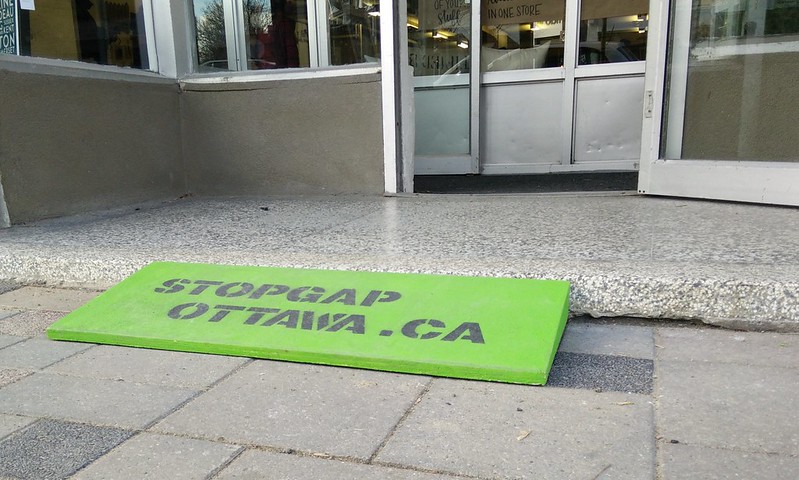
According to Statistics Canada an estimated one in five Canadians over 15 years old has a disability. This slices through all sectors of our society and is a significant part of every community in our country.
Often people with disabilities face problems with either the built environment (atoms) or digital tools (bits). Some struggle with both. Accessibility of digital assets (like websites, intranet sites, documents and videos) is complicated.
People who are blind or or low vision come to mind when people think about digital accessibility, but it affects a much broader spectrum than just those with visual disabilities. People with aural, mobility and cognitive disabilities also benefit from good accessibility.
A well designed site is an accessible site. Certainly people with permanent disabilities benefit, but so do those with temporary or situational disabilities. Modern life often means that we are trying to juggle interactions with the digital world even when we are injured or are using our technology in less than ideal conditions.
All of us want to make our digital tools more accessible, but most lack the skills to even identify the problems. This workshop is designed to change that.
Building Awareness
Digital accessibility is complex. Technology is changing constantly, as are the standards and best practices that industry is working with. Browsers and assistive technology get updates but so to are the ways that we use them. Web content reflects the whole organization and usually people from across the department are engaged in seeing that they are represented online.
Historically, organizations have picked an accessibility lead to approve and validate pages for accessibility before they are published. This is almost always a thankless, and challenging role. Accessibility can no longer be left as yet another step in quality assurance process.
Fortunately, there are better processes that allow even non-technical users to catch accessibility barriers before citizens do.
Simple Tools & Techniques
With popular automated accessibility tools and very basic keyboard testing it is possible to find WCAG 2.0 AA problems in most websites and intranets. When basic accessibility education is distributed in a team it is easier to catch problems earlier and fix them faster.
OpenConcept is confident that to best implement the Accessible Canada Act, organizations need people across the organization with the confidence to do basic reviews. When basic tools and training is available to more people across the organization accessibility becomes easier. Ideally, everyone who engages with an organization’s digital assets can play a role.
Our One Day Course
We have found that by involving more people in accessibility practices, the requirements of the Canada Accessibility Act can be met more easily. This is a net benefit to all Canadians. Content creators, designers, programmers and decision makers all have a role to play.
Everyone involved creating content needs to know something about accessibility. Organizations need internal accessibility champions, but responsibility cannot be outsourced to them. Good accessibility best practices should be part of the job description of anyone producing digital content.
Our trainers will provide guidance on web accessibility that can benefit anyone who wants to learn more. Individuals who learn these skills can play a powerful role within their organization to see that they are on a journey of continual improvement.
Who should attend?
You should attend if you are involved in creating your organizations website and are interested in web accessibility. This course will be beneficial if you know nothing about accessibility or if you just need a refresher on how to use modern automated tools and do keyboard-only testing. Come if you are interested in accessibility and want to learn more about how to make the digital workplace more inclusive.
Syllabus
-
Review who benefits from accessibility investments
-
Basics of the new Accessible Canada Act
-
Introduce Microsoft’s Inclusive Design Toolkit
-
Overview of automated tools
-
Understanding errors, warnings, and ARIA
-
Keyboard focus and keyboard only testing
-
Introduction to Microsoft’s Accessibility Insights
-
Review of assistive technology
-
Web Content Accessibility Guidelines (WCAG) 2.x
-
Why we need to involve PwD and have accessibility statements
-
Accessible procurement
 According to Statistics Canada an estimated one in five Canadians over 15 years old has a disability. This slices through all sectors of our society and is a significant part of every community in our country.
According to Statistics Canada an estimated one in five Canadians over 15 years old has a disability. This slices through all sectors of our society and is a significant part of every community in our country. 


